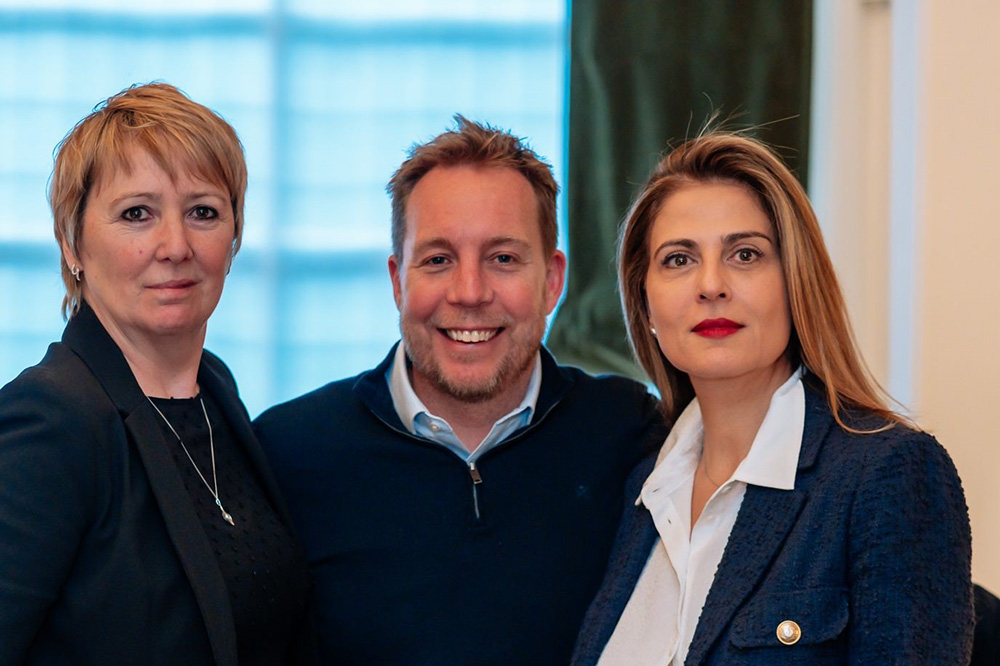Dr Lami has been invited to speak again at the London Technology Club, this time she will be talking about Wealth Psychology and Technology. How online education is helpful to educate clients and professional advisors about the complex psychologies behind Estate Planning & Wealth Transfer, Relationship with Money & Wealth and other Wealth Psychology aspects.
Building resilience in times of uncertainty is necessary for several reasons:
- Ability to adapt to change: Uncertain times often bring unexpected changes. Resilience equips us with the ability to adapt to these changes, helping us adjust our strategies or behaviors accordingly.
- Mental and emotional well-being: Resilience aids in maintaining mental and emotional health. It helps individuals cope with stress, adversity, and unexpected setbacks, reducing the risk of mental health issues like anxiety or depression.
- Fosters problem-solving skills: Resilient individuals are usually better at solving problems. They can remain calm under pressure, think clearly, and find viable solutions in difficult situations.
- Promotes personal and professional growth: Resilience encourages a growth mindset. Instead of viewing challenges as insurmountable, resilient people see them as opportunities to learn, grow, and improve.
- Encourages healthy risk-taking: When resilient, individuals are less afraid of failure, as they understand that setbacks are a part of the learning process. This mindset fosters innovation and encourages healthy risk-taking, essential for success in various domains of life.
Dr Lami will be speaking alongside Dr Trudi Edginton, a Cognitive Neuroscientist and sought-after speaker on cognitive performance, mindfulness and mental health. Together they will discuss how the world is undergoing increasingly rapid and unprecedented change. To succeed, individuals and companies must develop resilience. Join us to learn more about dealing with uncertainty, building resilience, enhancing performance and the psychology of wealth.

Building Resilience in Times of Uncertainty
Friday 14th April 2023
8.30-10.30am UK
Langan’s Brasserie,
Stratton St,
London W1J 8LB
To find out more or register for the event please follow the link below:
www.londontechnologyclub.com/events/building-resilience-in-times-of-uncertainty
For more amazing posts, check out Dr Lami’s blog.

